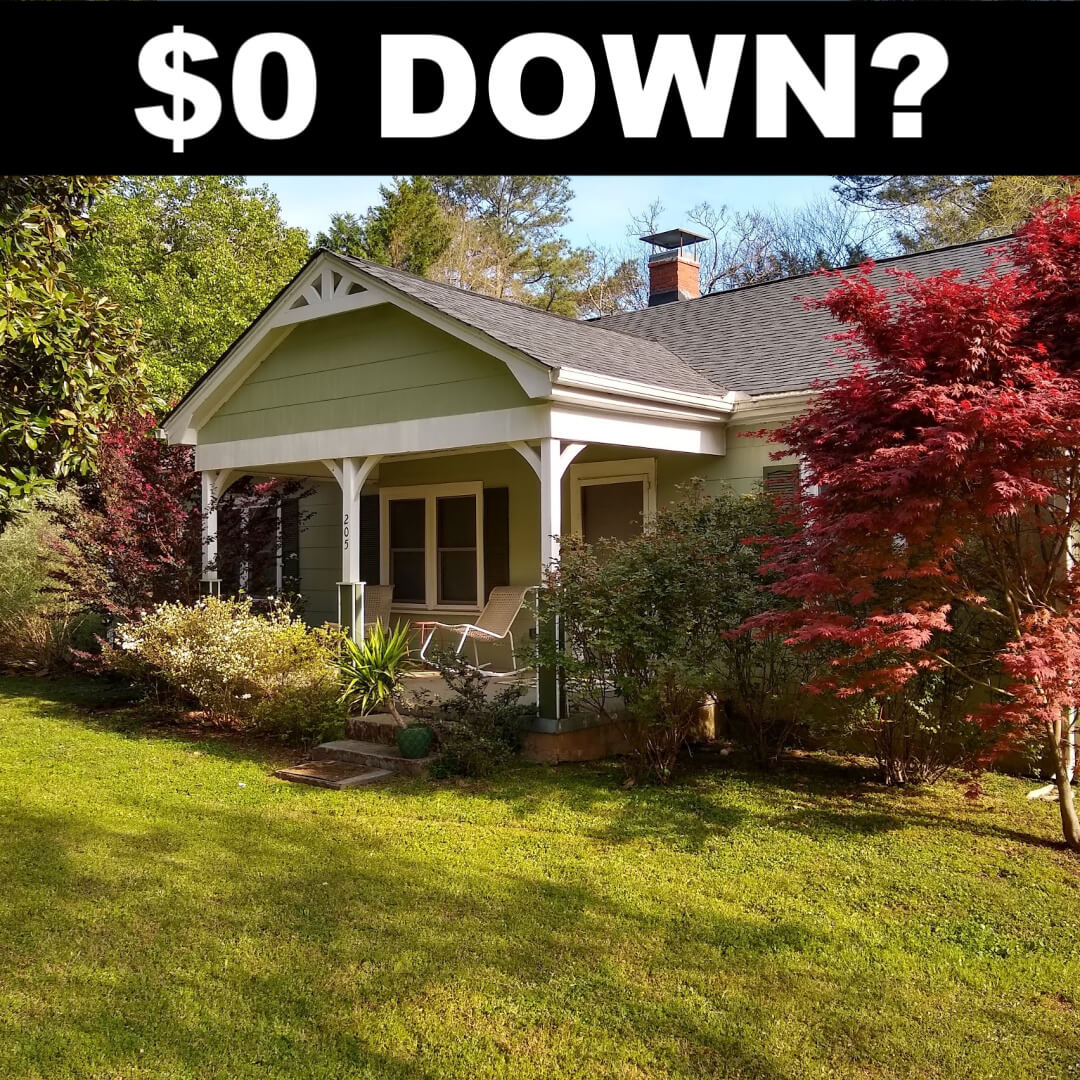"Hopefully consumers and real estate agents understand the difference between wfg wikipedia the capability to receive a house and the ability to maintain and genuinely afford it now," says Sharga. In addition to people who lost their homes, loan providers and builders experienced incredible monetary discomfort, states Herbert. "That discomfort has left them more threat averse, so lending institutions are more careful when offering funding to customers and to contractors," states Herbert.

"A lot of the products that began the crisis aren't around and the practices that started it are badly constrained," says Fratantoni. Amongst those property owners who lost their house to a brief sale or foreclosure, about 35 percent have now purchased another home, according to CoreLogic. how to invest in real estate with little money. "That suggests that 65 percent didn't return," says Frank Nothaft, timeshare exit company chief economic expert at CoreLogic in Washington. what is a cma in real estate.
"Low documents and interest-only loans were alright as a small niche for otherwise qualified debtors with specific circumstances," says Nothaft. "The issue was that these risky loans ended up being commonly readily available to subprime debtors." About one-third of all home loans in 2006 were low or no-documentation loans or subprime loans, says Nothaft - how to become a real estate broker in florida.
"A foreclosure hurts families, neighborhoods, lenders and investors." While policies such as Dodd-Frank changed the financial world, lending institutions and financiers likewise lost their hunger for danger and have actually altered their behavior, states Sam Khater, primary economic expert of Freddie Mac in McLean, Va. As an outcome, he states, home loan performance is better https://storeboard.com/blogs/general/the-definitive-guide-for-what-does-it-take-to-be-a-real-estate-agent/5388426 than it has remained in 20 years.
